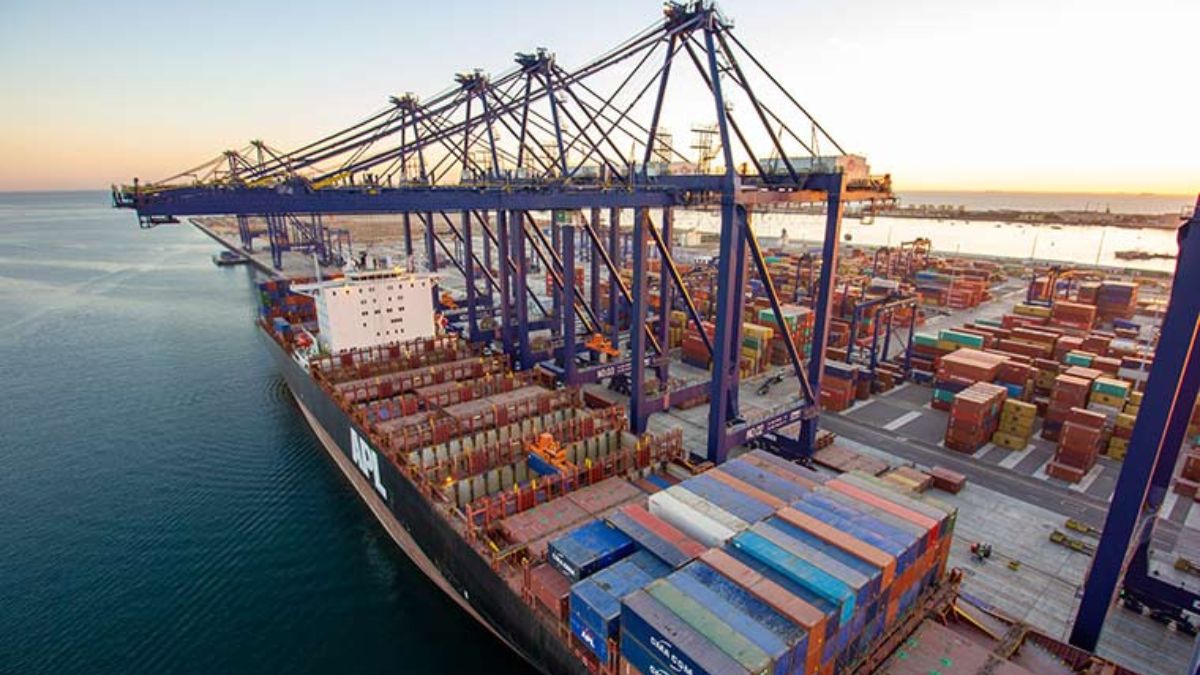Pakistan pays a huge price after India bans its ships from ports: 'Mother vessels ditch us'
 Representative image of Karachi port
Representative image of Karachi port
India's decision to ban entry for ships that carry goods from or to Pakistan from its ports has hit the latter's already-struggling economy, according to a report. The new decision means longer shipping times and higher freight charges.
After the Pahalgam terror attack, India on May 3 issued a directive halting all imports, and denying port access to Pakistani vessels with immediate effect. The ban extended to direct and indirect import or transit of all goods originating in or exported from Pakistan. The order is issued to ensure the safety of Indian assets, cargo and connected infrastructure, in the public interest.
With the ban in place, shipping companies now separate cargo bound for Pakistan from those bound for India. This is causing shipping times and higher freight charges for Pakistan. Mother vessels were also ditching Pakistan, which delayed imports by 30 to 50 days, Dawn quoted Javed Bilwani, President of the Karachi Chamber of Commerce and Industry. He added that Pakistani importers were now relying on feeder vessels which raised costs.
Vessels looking to make direct calls at Port Qasim or the Port of Karachi would be turned away from Indian ports like Mundra. This forced many vessels to choose between India and Pakistan. Most of the carriers ditched Pakistan as 70 per cent of the goods were Indian. They now unload the cargo in Colombo or UAE's Jebel Ali Port, forcing Pakistan to use feeder service, according to reports.
The crisis prompted the Pakistani government to slash tariffs by 50% to bring back traffic, especially at Port Qasim. Muhammad Junaid Anwar Chaudhry, Pakistan’s federal minister of maritime affairs, had stated that the cuts were vital to "empowering exporters" after the sector slowed down. Port Qasim is the second busiest port in Pakistan after the Port of Karachi.
Exporters also reported an increase in shipping and insurance costs. It then goes on to contradict the statement, stating there was "no significant impact except for a rise in insurance costs." An exporter of textile made-ups named Aamir Aziz claimed that "shipping charges had already gone up even before the escalation".
Ironically, a report that appeared in Dawn itself states how Pakistan’s textile and clothing exports declined by 1.75 per cent year-on-year in May largely due to mounting production costs. The Pakistani government has also imposed strict curbs on imports in a bid to save foreign exchange, which means any small disruption in the supply chain will have a huge ripple effect.
Pakistan Ship’s Agents Association Secretary General Syed Tahir Hussain, however, struggled to rubbish claims that mother vessels have stopped calling at Pakistani ports. "You can see mother vessels at Karachi and Port Qasim," he told Dawn, before quickly stating how their feeder vessels were more than adequate to handle trade volume.
World